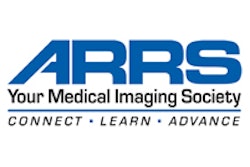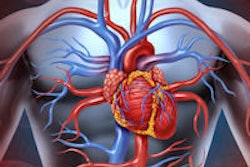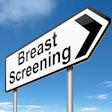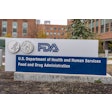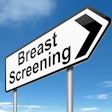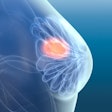Researchers have discovered a "striking relationship" between breast artery and coronary artery calcification levels, according to a new study presented at this week's American Roentgen Ray Society (ARRS) meeting in Toronto.
Fully 76% of the women in the study who had a breast artery calcium (BAC) score of 0 also had a coronary artery calcium (CAC) score of 0, the authors reported. As the BAC score increased, the CAC score increased concomitantly.
The 371 study participants underwent a digital mammogram and unenhanced CT scan; the exams were performed within one year of each other. The researchers identified calcified vessels on the mammograms, measuring the number of vessels involved and the length and density of involvement. CAC scores were obtained from the CT scans.
When the ordinal CAC score was 0, the BAC score was also 0 in 143 (76%) of 187 women. Similarly, ordinal BAC scores of 4-12 matched the original CAC scores in 42 (55%) of 77 women.
The authors determined that the presence of breast artery calcium confers a statistically significant risk of coronary artery calcium, with BAC showing a 2.8 odds ratio of a CAC score of 4. Moreover, the length of BAC and the number of vessels involved correlated with an increased risk of coronary calcium. However, the most significant predictor was the density of breast calcification involvement: Of the 26 women with severe BAC density, 23 had CAC, with 18 (69%) of the 26 having a CAC score of 4.
"The opportunity to diagnose cardiovascular risk on mammography heralds a paradigm shift in imaging," said corresponding author Dr. Laurie Margolies, from Mount Sinai Hospital, in a statement. "Providing this knowledge to patients and ordering physicians increases the opportunity for patients to take advantage of cardiovascular risk-reduction strategies while screening for breast cancer."




